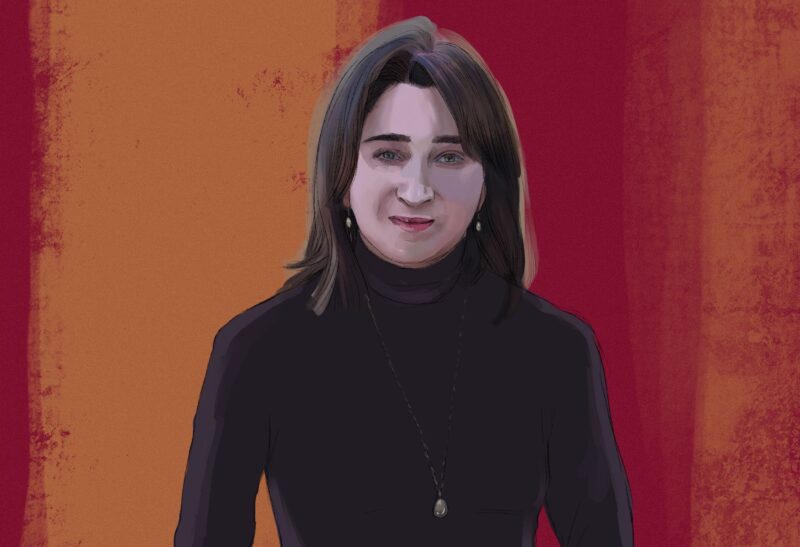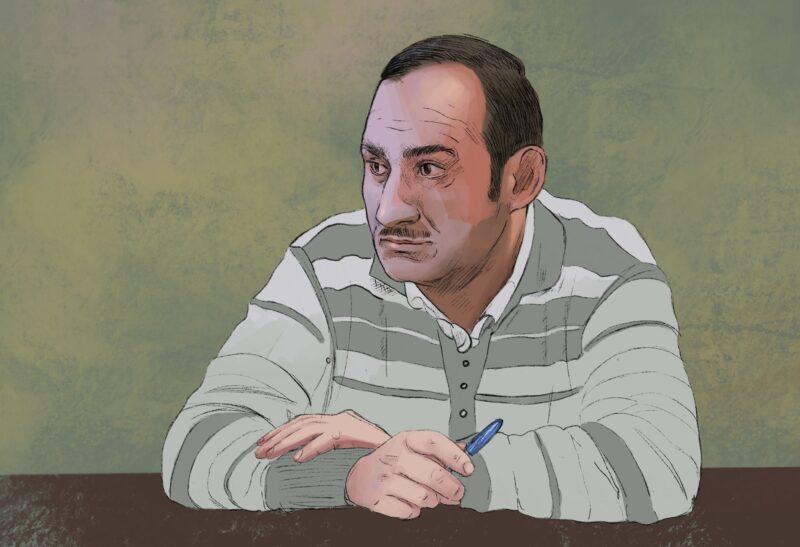

Forget about the culture, the carpets,
mugham
, and the cuisine for a second.
Strip Azerbaijan of all of its beauties, and what you’ll be left with is a conflict-torn region, steeped in rampant corruption, marred by fraud and lack of freedoms. It is the land of the rich, the powerful and the clans. What Azerbaijan really became is a bunch of concrete built over the grievances of Azerbaijanis who struggle to understand what happened to their country. It’s the land of those bereft of the right to question where their country is headed and powerless to change anything. Azerbaijan is a no man’s land. It is a country of those who rule it. And they have forgotten what it’s like to be a human, let alone a man.
This is by no means an exaggeration. Take a look at the upcoming European Games. Did anyone bother asking Azerbaijanis whether they needed or wanted these games? Not only did no one do, but it is the average Azerbaijanis who will have to endure the limitations imposed by the Games on the dwellers of both the capital and the province.
For a month, Azerbaijanis will have to put up with limited traffic, altered working schedules, put off their wedding ceremonies and mourn privately for their dead ones. Drivers of large vehicles such as trucks will be kept out of the capital’s turf while those who drive older cars will have to wait for their trips into the city.
Azerbaijanis who reside outside of the capital but commute daily for their jobs in the city will have to find other means of transportation due to changes in the bus routes.
Officials say all of these temporary restrictions are imposed to reduce traffic and make international guests feel comfortable and welcome. This is yet another cultural tradition in Azerbaijan – guests must always feel welcome, which means guests’ comfort is more important than the comfort of Azerbaijanis themselves. The authorities went as far as to designate special Games-only highway lanes and main avenues, thus creating even more traffic jams in the capital. No one bothered to create additional lanes elsewhere to ease the traffic. There is also a fine for those who dare to cross over to the “dark side.”
The list of restrictions does not end here. Street peddlers selling anything from cigarettes, to phone cards and sunflower seeds were forced out of the streets. Beggars and Roma people were sent to another city in Azerbaijan. There is also a ban on drying clothes outside. If one’s apartment overlooks one of the many central streets in capital Baku, its inhabitants will be fined if spotted drying clothes outside.
Surely the country’s guests are going to enjoy their time in Azerbaijan. They will taste the food, enjoy the walk along the promenade, visit museums and smell the Caspian breeze. But Azerbaijan will remain a no man’s land, or the land of the very few, the privileged, of those who are ruling it carelessly.



